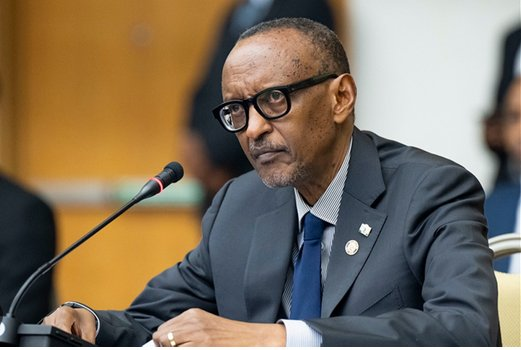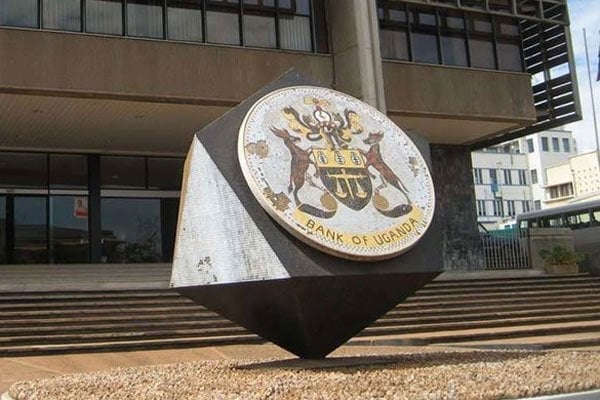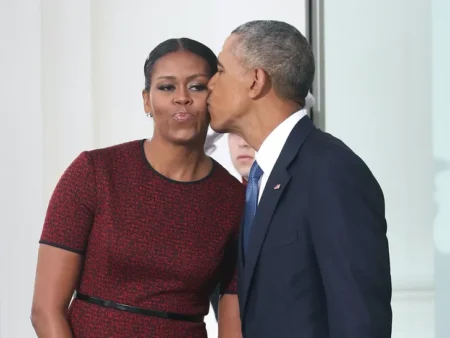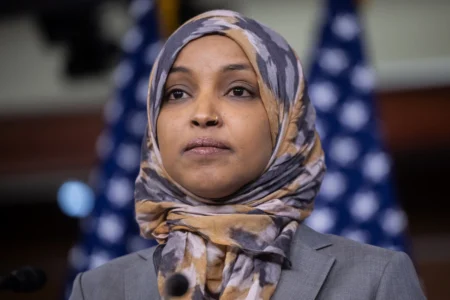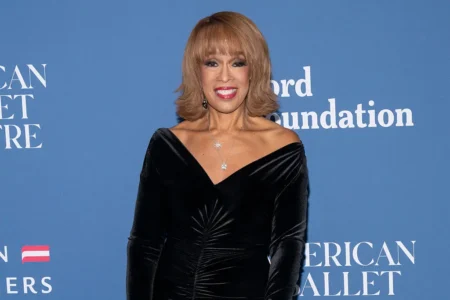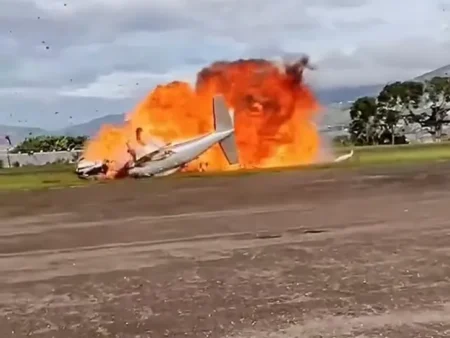Rwandan President Paul Kagame has firmly rejected mounting international threats of sanctions over his country’s alleged involvement in the ongoing conflict in the Democratic Republic of Congo (DRC). Speaking in a defiant interview with Jeune Afrique, Kagame emphasized that Rwanda would prioritize its “existential threats” over external diplomatic pressure, signaling his readiness for a standoff with the West.
Kagame’s Strong Response to Sanctions
Kagame’s remarks come as the European Union (EU), the United Kingdom, and the United States intensify their efforts to punish Kigali for allegedly supporting the M23 rebels, who have been making territorial gains in eastern DRC despite existing ceasefire agreements. The international community has accused Rwanda of aiding the rebels, an allegation that Kagame has consistently denied.
In his interview, Kagame rejected the growing calls for sanctions, asserting that Rwanda has faced existential threats for decades and would not bow to Western pressure. “Between dealing with existential threats and dealing with threats to punish Rwanda for one thing or another, I will turn my guns to the existential threat, as if the other one doesn’t exist,” Kagame said.
The Rwandan president also pointed to the country’s troubled past, specifically referencing the 1994 genocide, to highlight Rwanda’s resilience. “We are not dealing with a situation that is new to us. We had the worst tragedy in ’94, and now you come to me threatening sanctions because I am defending myself? Do you think I fear that?” Kagame challenged, underscoring his defiance in the face of external criticism.
Defiant Symbolism and Historical Context
Kagame also invoked a powerful symbolic story from Rwanda’s history, recalling a woman’s final act of defiance before being killed during the genocide. “I gave an example during our last 30th commemoration. In my speech, I told people how an old woman, before being killed, was asked to choose how she wanted to die. Her answer was to spit in their face,” he said. “That’s what this old woman did. So you can imagine how much I’m going to spit in the face of anyone who tells me to choose between which death I should face.”
The president’s rhetoric paints a picture of a leader resolutely opposed to outside interference, drawing on Rwanda’s painful history as a symbol of the nation’s enduring strength.
Kagame Critiques DRC’s Leadership
Kagame also turned his ire on DRC President Félix Tshisekedi, alleging that he had never been democratically elected. “Tshisekedi was not elected, once or twice,” Kagame claimed. This comment comes as Tshisekedi has made Rwanda’s alleged support for M23 rebels a central issue of his second term as DRC president, with diplomatic tensions between the two countries continuing to rise.
EU and Western Pressure on Rwanda
As Kagame stands firm against international pressure, the EU has taken concrete steps to increase pressure on Rwanda, moving to cut off financial and military aid. On February 11, the EU Parliament called for the freezing of all direct budget support to Rwanda unless the country allows humanitarian access to conflict zones and sever ties with the M23 rebels.
The UK and US are also considering sanctions against Rwanda, with British Foreign Secretary David Lammy warning that Rwanda could lose its aid if it continues its alleged role in the DRC conflict. “We cannot have countries challenging the territorial integrity of others. Just as we will not tolerate it in Europe, we will not tolerate it elsewhere in the world,” Lammy said, signaling that the UK may follow the EU’s lead in taking punitive measures.
A Standoff on the Horizon
Despite the growing international pressure, Kagame’s resolute stance indicates that Rwanda is prepared for a protracted standoff, regardless of potential sanctions. His comments reflect an unwavering commitment to defending Rwanda’s interests, even at the cost of strained relations with Western powers.
As diplomatic tensions rise, the situation remains fluid, with Kagame’s remarks marking a clear signal that Rwanda will not be easily swayed by external pressures regarding its role in the DRC conflict.




